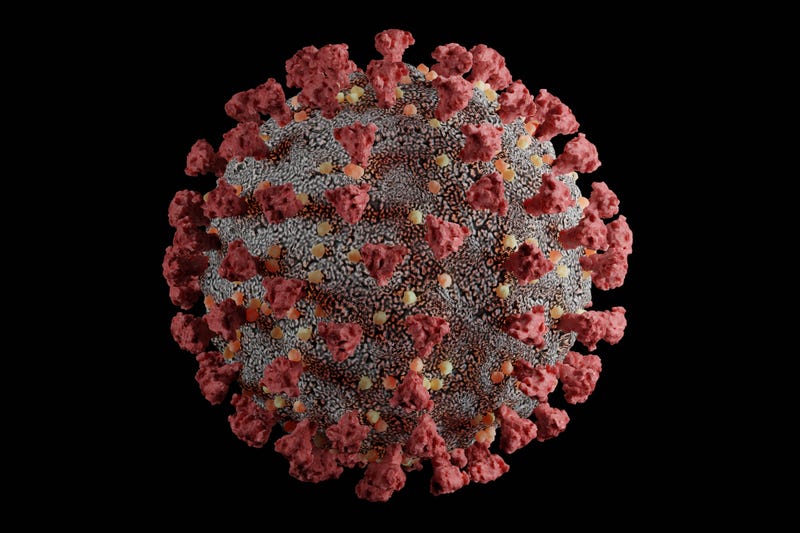
SAN FRANCISCO (KCBS RADIO) – Even after two years and several variants, the risk COVID-19 poses to immunocompromised adults is still high.
For more, stream KCBS Radio now.
But as protocols have relaxed just as the most recent surge gained steam, some best practices to keep vulnerable people are not always followed.
Immunocompromised people don't have a very good immune response to the virus, even after they've battled and recovered from an infection.
"Overall their immune responses are pretty poor," Dr. Yvonne Maldonado, professor of health and infectious diseases, pediatrics, and epidemiology and population health at Stanford University on KCBS Radio's "Ask an Expert" on Friday with Melissa Culross.
According to a new report issued by the CDC, about 12% of the hospitalizations over the last two years were immunocompromised people, who only make up about 2.5% of the United States population, said Maldonado.
"That's about a 5% increase in hospitalizations relative to how many people they represent in the whole U.S. population," she said.
While things have gotten a bit better on the one hand, with omicron causing less severe illness than other variants, people who are immunocompromised are more likely to be infected, whether they are vaccinated or not.
The vaccine does offer protection against hospitalization and death, but not necessarily against infection.
"Really important if you can, get the vaccine and the boosters," said Maldonado.
The other ways to protect oneself and those who are more vulnerable are the same as they've been since the beginning of the pandemic – masking, ventilation, distancing when possible, especially indoors.
"These are things we've been talking about throughout the pandemic," she said. "Immunocompromised people just need to remember they can still be high risk for hospitalization and intensive care admission."
Another form of protection is a treatment called EVUSHELD, which can be taken before infection occurs as a preventative measure.
"That antibody combination seems to work at least three months, and maybe even longer," she said.
Those seeking it should consult their providers and can get it as an infusion.
Overall, at this stage in the pandemic as more and more people gain immunity, the risk of coming into contact with someone who has the virus, whether outdoors or in close proximity, is lower than it was two years ago before anyone had been infected.
Although outdoors is generally safer than being indoors, people at outdoor events with large crowds should still exercise caution, said Maldonado.
"I would be, just cautious, if you're around large groups even if you're outdoors," she said.
Indoor areas with a lot of people, like airports and grocery stores, should still have masking.
"Even though ventilation may be good it's still indoors and may have a higher risk," she said.
People who live with or are in close contact with those who are immunocompromised or over the age of 65 should be mindful of how their lifestyle choices may affect them.
DOWNLOAD the Audacy App
SIGN UP and follow KCBS Radio
Facebook | Twitter | Instagram

